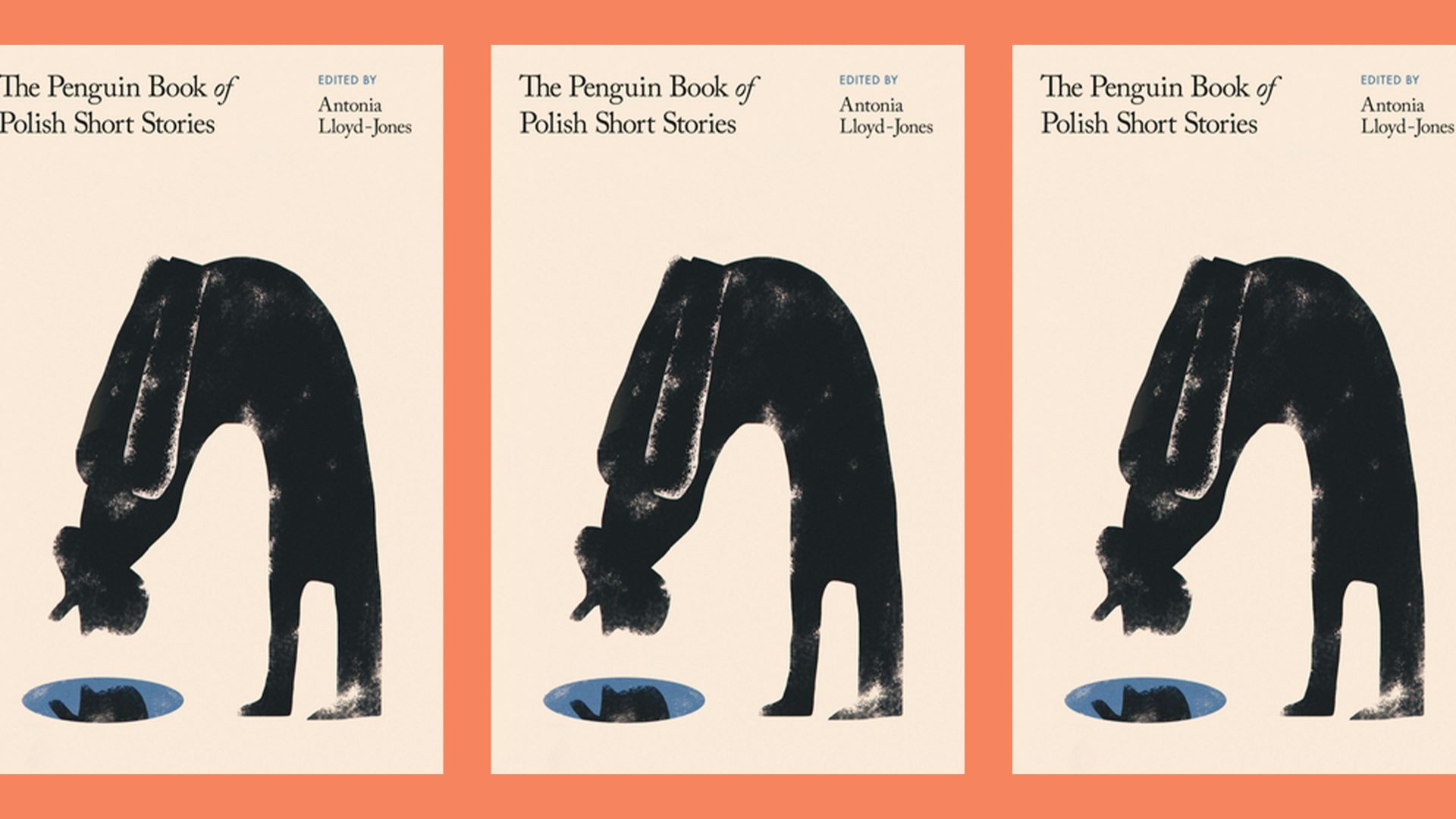Not since The Modern Polish Mind, published in 1962 and edited by Maria Kuncewiczowa, has there been such a comprehensive collection of Polish writing translated into English. The editor on this occasion, Antonia Lloyd-Jones, is one of the most prolific translators of the the last 35 years, bringing the generally monolingual British lit scene such extraordinary writers as Olga Tokarczuk and Paweł Huelle, and more recently, a poetic novel by Małgorzata Lebda.
Since that last major anthology, three Polish Nobel laureates for literature – Czesław Miłosz (1980), Wisława Szymborska (1996), and Olga Tokarczuk (2018) – have helped to propagate the nation’s writing. When I interviewed Tokarczuk back in 2000, she said, ”I think it is noticeable that my writing is rooted in a Polish reality and a Polish culture, but what I would like is for my work to have a universal dimension”.
Lloyd-Jones sets out with similar intentions for her ambitious project which spans one hundred years of the Polish short story. Dating back to the evergreen melancholy of Jarosław Iwaszkiewicz’s A New Love (1925), the book brings us up to date with The Isles (2023) by the erstwhile young star from the tower-blocks, Dorota Masłowska.
Each translator presages their story with a passage about the author’s life and work, and Lloyd-Jones includes a timeline of Poland’s history to make clear what the country’s writers were living through. To prevent readers associating Polish writing solely with the country’s plight at any given time, however, the stories do not proceed chronologically but are grouped thematically under titles such as ”Animals”, ”Surrealism”, and “Men/Women Behaving Badly”.
Brilliantly capturing the tensions and stolen pleasures of life during communism, Marek Nowakowski’s When the Glow of Dawn Appears depicts an office mushroom-picking trip. Anxiously sycophantic relations abound, at least until the vodka starts flowing. Nowakowski laces the black humour with grave undertones. Likewise, Kazimierz Orłos’s simple but sinister fable, The Golden Pear Thief shows how easy it is to fall foul of a corrupt system.
In the 1962 anthology, there were just four women writers; here there are 13 (out of 39) as Lloyd-Jones seeks to redress the balance, having first explained the difficulty for women of being published during communism. Among the best translators, Ursula Phillips works tirelessly to rescue forgotten female talents. I discovered Irena Krzywicka, Anna Kowalska, and Joanna Rudnianska whose story, Her Sovereign Decision, about a mother trying to manipulate her daughter’s appearance via Facebook, is a gem.
Suggested Reading


The curious case of Gen Z’s Handmaid’s Tale
Pola Gojawiczynska’s In Paradise (1938), meanwhile, is an evocative story of a hard-working couple’s trip to the coast to find some time alone, while Maria Kuncewiczowa (editor of the ’62 anthology), in Convenant with a Child (1927) provides a reluctant mother’s look at her “striga, little vampire”. At once cruel and compassionate, it’s a scintillating tale that blows up the patriarchal dictates of motherhood.
There’s more ground-breaking work in the stories about Poles abroad. Beata Albertynska’s Babka (1957) is a lovely portrait of an old peasant woman suffering a lonely exile in a London basement. Young contemporary writers no longer look to the west: Margo Rejmer finds the comforts of difference in her tender story set in Albania.
Olga Tokarczuk was derided by the ruling party of the time, the populist Law and Justice party, just before she won the Nobel prize, showing not only the significance of writers in Poland but how problematic they are for the revisionist right. Here, she provides a warm introduction to the book, as well as the story, Green Children, which combines her characteristic challenge and play within a convincing historical setting.
I was surprised, though, not to find an entry by another Lower Silesian writer, Joanna Bator. Scarcely translated into English, she is the author of short-story collections and international prize-winning novels. This was surely an opportunity to introduce her to a UK readership.
At nearly 600 pages, the book also has room for names you might already know: the pure inventiveness of Bruno Schulz (in a newly translated story) alongside Jerzy Andrzejewski, Miron Białoszewski, and Witold Gombrowicz. The “Soldiers” section has devastating recollections by Tadeusz Rozewicz and Tadeusz Konwicki, while the “Survivors” category, including Ida Fink, is equally stunning.
I’d have liked a little more from Poland today: perhaps a story re-imagining the country’s long and convoluted relationship with Ukraine, culminating in the great influx of Ukrainians (surely also “Survivors”) since the Russian invasion. And what about the new Georgian, Indian, Spanish communities in Polish cities attracted by the burgeoning economy, or the rapidly growing Polish middle-class, still a relatively recent concept there and surely ripe for satire?
Ultimately, though, this one-hundred year history of the Polish short story, an astonishing act of research and synthesis in itself, reveals the power of the literary imagination to overcome any national predicament. And, following the right’s victory in the recent presidential election, Poland’s writers are going to need that sense of inventive mischief all over again.
The Penguin Book of Polish Short Stories is edited by Antonia Lloyd-Jones



